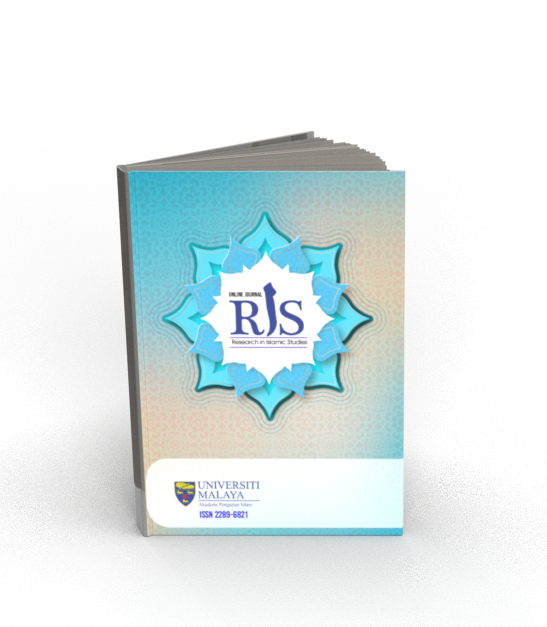Main Article Content
Abstract
By nature, a man is a social being who interacts with the people around him, mainly if he interacts with his family members through their regular family gatherings. These interactions can be positive, such as being considerate, polite, and conducting good relationships, and they can be negative interactions, such as lying, backbiting, and gossiping. So, this study aims to identify the negative interactions that may occur in recurring family gatherings and dive into the negative aspects and ways to deal with them. This research method relies on historical, library and analytical approaches to reach results. Among the most important findings is hisba, an act to improve a person in the context of his interaction, and that hisba is also a way to deal with an individual's behaviour with the members of his community, including during family gatherings where there is a lot of family social interaction. Then this paper also makes some recommendations, among which is the need for more studies in the field of family and issues related to hisba, the importance of finding a good solution that ensures Muslim families achieve domestic happiness, and the need to establish hisba in family meetings because of its capability of reforming individuals and society.
Keywords
Article Details
Copyright (c) 2023 Online Journal of Research in Islamic Studies

This work is licensed under a Creative Commons Attribution-NonCommercial-ShareAlike 4.0 International License.
Copyright Notice
By submitting manuscripts to the Online Journal of Research in Islamic Studies (RIS), authors agree to transfer copyright to the journal. However, authors may republish their work or grant others permission to republish it; in which case it should be accompanied by a proper acknowledgment that the work was originally published in the Online Journal of Research in Islamic Studies (RIS). The journal adopt CC-BY-NC licence which authors may also share and distribute their article anywhere of non-commercial website, social media and repositories immediately on publication.
Authors may also reuse the Abstract and Citation information (e.g. Title, Author name, Publication dates) of their article anywhere at any time including social media such as Facebook, blogs and Twitter, providing that where possible a link is included back to the article on the journal site.
